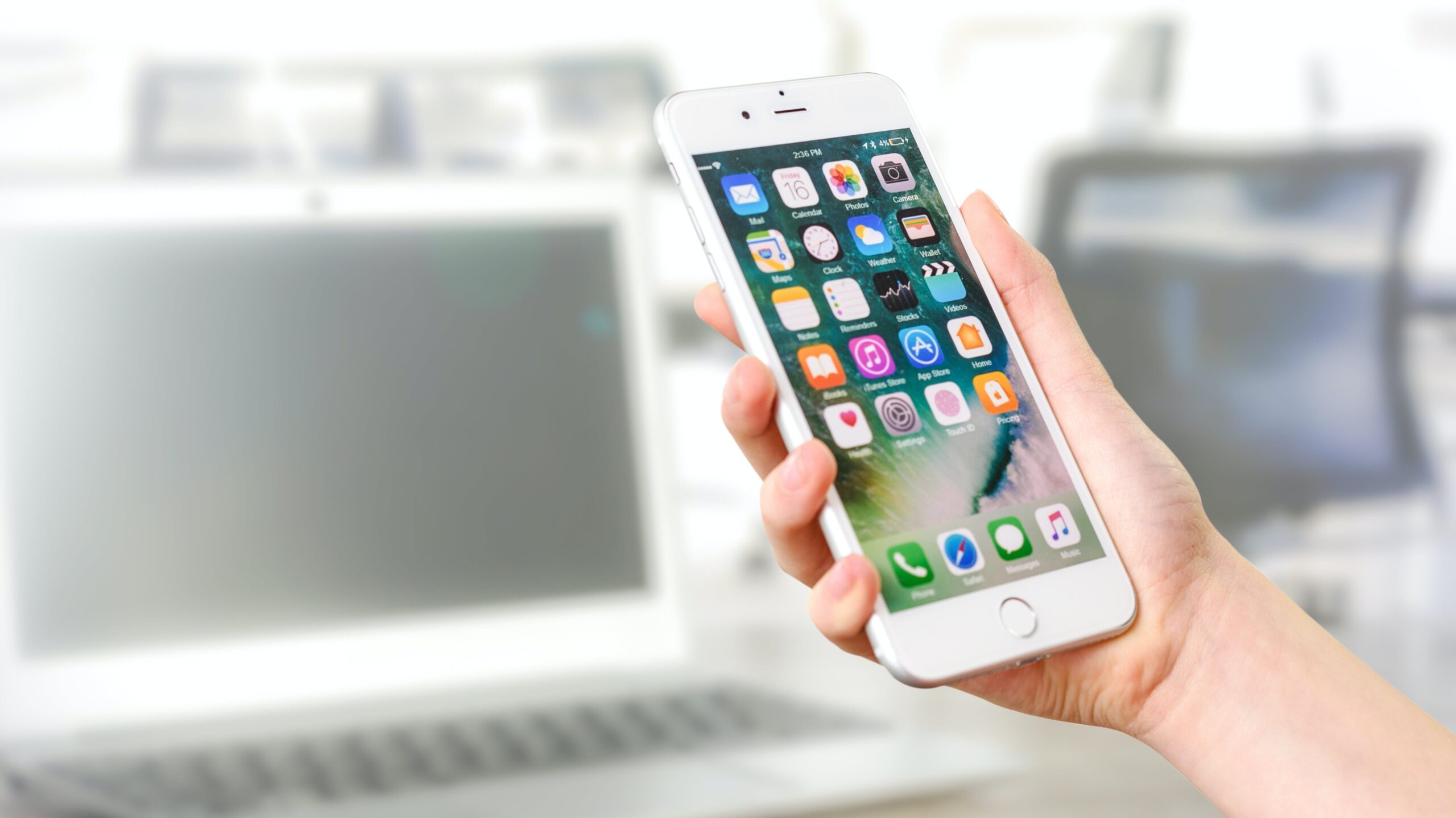
As a creative entrepreneur, you know the power of events for connecting with your audience and growing your business. But executing a strategic event that drives real results takes serious planning.
Without a solid event marketing plan in place, it’s easy to feel frustrated and overwhelmed.
You’re left guessing at the right messaging, channels, and tactics needed to attract your target attendees and exceed your goals.
It doesn’t have to be this way! As a former international event planner who has created buzz for luxury brands and Fortune 500 companies, I know what it takes to drive excitement and interest leading up to an event.
An event marketing plan gives you a clear roadmap for effectively promoting your event from start to finish.
It ensures you apply your limited time and resources toward the strategies that will have the biggest impact.
In this guide, I’ll walk you through exactly how to create an event marketing plan tailored to your unique event and audience. You’ll discover how to:
- Define clear objectives to guide your efforts
- Create targeted messaging that speaks to your ideal attendees
- Select the right marketing channels to drive awareness and registrations
- Avoid wasting time on ineffective strategies
With the right plan, you can eliminate the stress and uncertainty around your next event. Instead, you’ll feel confident, prepared, and equipped to connect with your audience in a memorable way.
Let’s dive in!
What Is an Event Marketing Plan?
An event marketing plan outlines the strategy and tactics you’ll use to promote your event and achieve your goals. It covers everything from your event concept and target audience to your budget, messaging, and marketing channels.
It aims to generate awareness, drive registrations, and create buzz around your event.
An event marketing plan provides a roadmap to help you efficiently and effectively promote your event.
Download now: Event Marketing Plan Blueprint
Why Is an Event Marketing Plan Important?
Statistics show that events are considered the most effective marketing channel by 76% of marketers.
As a result, this means that hosting events provides unparalleled opportunities to engage and connect with your audience in a memorable way.
Unfortunately, most entrepreneurs don’t spend enough time planning and preparing for their events.
Without a solid plan in place, it’s difficult to execute a strategic promotional campaign and maximize attendance and engagement.
By implementing an event marketing plan, you’ll be able to streamline your efforts and allocate your time and resources more efficiently.
This way, you will drive higher turnout and better ROI.
Also, an event marketing plan gives you the ability to define clear objectives and create targeted messaging for your event.
That means you won’t have to waste time with ineffective strategies.
Event Marketing Plan – Where to Start
If putting together a marketing plan sounds intimidating, it can feel that way sometimes, even for professional event planners and marketers. I certainly have!
There are a lot of moving parts involved. So I put together some examples below to break it down so you can easily create your own plan and start promoting your event.
Now, keep in mind that this is not an exhaustive list. If you’d like a more robust outline on everything that an event marketing plan entails, download my free event marketing guide here.
Ready?
Step #1: Identify Your Goals

Defining clear, measurable goals is the critical first step of your event marketing plan.
Your goals serve as the guiding force for all your efforts.
Think beyond just driving registrations. What are the deeper business objectives you want to accomplish through the event?
For example, your goals could be to:
- Generate leads and sales by promoting new product launches
- Strengthen relationships with existing customers through VIP experiences
- Attract potential brand collaborations and partnerships
- Gather client testimonials and feedback
- Increase social media followers and email list signups
Make each goal specific, quantifiable, and tied to clear metrics, such as:
- Achieve $20,000 in sales from new product launches
- Convert 50% of attendees into email subscribers
- Gain 15 new strategic brand partnerships
- Collect 20 video testimonials from delighted customers
The more detailed your goals, the easier it will be to track your event’s performance and ROI.
In other words, concrete goals keep your efforts focused on the outcomes that matter most.
Refer back to your goals as you make event marketing decisions. Will this messaging help drive product sales? Will this promotion attract potential partners?
Aligning to your goals is key. And then aligning your messaging with your goals is the other key.
To sum it up, when you have clear goals mapped out early, you’ll be able to accurately evaluate your event’s success and extract key learnings for the future.
Step #2: Create Personas

Here’s the thing: simply knowing surface level facts your target audience isn’t enough. In other words, you need to deeply understand what makes them tick.
That’s where creating detailed buyer personas comes in.
Personas are fictional representations of your ideal customers that go beyond basic demographics.
They dive into the psychology, motivations, and goals that drive your audience’s behavior.
For example:
Sara is a 32 year old graphic designer. She runs a home-based business designing logos, branding, and marketing materials for entrepreneurs. Her goal is to continue growing her client base by networking with complementary service providers. She’s interested in connecting with web developers, copywriters, and other potential partners at really fun and engaging events.
When you take the time to map out personas like the one above, you can put yourself in your audience’s shoes.
This allows you to create messaging and promotions that directly speak to their deepest needs and interests.
Once you’ve defined your personas, refer back to them as you make event marketing decisions.
Then, ask yourself – how would Sara want to hear about my event? What messaging would convince her to register and attend? This ensures your efforts stay focused on your ideal attendees.
Basically, the more tailored your personas, the easier it will be to craft marketing that drives registrations and attendance from your target audience.
Step #3: Select Your Marketing Channels

Once your event marketing goals and personas are set, it’s time to determine the right marketing channels to promote your event.
The key is to focus on the platforms where your target audience is most active. Don’t feel like you need to be everywhere-all-at-once-for-all-people. That’s a recipe for serious burnout.
Some effective event marketing channels may include:
- Email marketing to your current client and subscriber lists
- Organic and paid promotions on Instagram and Facebook to reach potential local attendees
- Targeted Facebook/Instagram ads focused on lookalike audiences matched to your current followers and clients
- Cross-promoting the event through collaborations with other local artists, brands, or influencers in your niche
- Flyers and signage in cafes, co-working spaces, art galleries, etc. frequented by your target audience
- Word of mouth event marketing by offering incentives for sharing and inviting friends
When evaluating event marketing channels, consider your goals, resources, and capabilities.
For example, influencer sponsorships may help expand your reach, but require more time and relationship building.
Focus on the 3-5 core channels that provide the biggest return based on past events and campaigns.
Avoid spreading yourself too thin early on (or ever) with your event marketing.
You can always expand your event marketing efforts and test new channels in the future as your skills grow.
Moreover, the key is laying a strategic foundation using the channels you can best leverage right now.
Tips for Event Marketing Success

Here are tips to maximize your plan:
First, start early (as early as possible)
I’m one of those people who believes that there’s no such thing as too early when it comes to talking about your event. Even if you don’t have a date set yet.
To achieve the best results, you need to start promoting your event at least 6-8 weeks out.
This gives you enough time to generate awareness and drive registrations. When you begin marketing early, you can build momentum leading up to the event date.
For example, you could:
- Announce the event and key details 3 months out
- Highlight speakers/sessions 2 months out
- Share promotions and discounts 1 month out
- Send email reminders 1 week out
For better results, create visual assets like graphics and videos early. As a result, your audience has more time in advance to connect with your brand and get excited about your event.
Related Post: The Perfect Event Strategy to Skyrocket Your Brand and Visibility
Next, track and optimize
When you monitor the performance of your marketing, you can refine your approach based on what’s working. In other words, you optimize your efforts.
To get started:
- Look at website traffic and online registrations weekly
- Review social media engagement
- Send out a feedback survey to attendees
Finally, focus on the EXPERIENCE
This one cannot be overstated enough.
Experience. Experience. Experience.
People crave memorable experiences and things like interactive and high-intentional events can forge lasting connections.
In other words, if you want to foster brand loyalty, you must deliver an exceptional experience.
This involves everything from your venue and schedule to the food, entertainment, and swag bags (if you’re doing those) and more.
This means that when you’re focusing on the attendee experience, you help ensure they walk away feeling engaged, motivated, and connected to your brand.
You want to create a vivid, positive memory in their minds. When you focus on delivering an amazing experience, that post-event-word-of-mouth-marketing will pay (literally) dividends for a long time.
And if planning all the details makes you anxious, consider this:
72% of attendees say the overall event experience is a primary factor in their decision to return again next year (if you’re holding an annual event) or return as a customer.
That means overlooking the experience means losing out on repeat attendees, brand advocates, and customers. Um, no thanks!
Pro Tip: Create a detailed “day of” schedule (also known as a “run of show”) to map out every single detail, who is doing what, etc.
Grab my free [Event Marketing Plan Blueprint] to plan out your next successful event marketing campaign!
Create Your Event Marketing Plan Today
I hope this guide on creating an event marketing plan has been helpful.
Remember that thorough planning and promotion is key to event success.
The earlier you can start talking about promoting your event, the better!
The best way to develop an effective event marketing strategy is to start with outlining your goals and personas so you can drive awareness and registrations.
So, what are you waiting for? Are you feeling more confident now to start planning your next successful event? I hope so!
Free Event Marketing Plan Blueprint
I wasn’t about to leave you hanging! Now that you know how to develop an event marketing plan, it’s time to grab your free event marketing plan blueprint to map out your strategy.
This blueprint includes:
- Sections for your goals, target audience, messaging, channels, timeline and budget
- Editable tables and charts to track your efforts
- Space to outline your promotional tactics and assets
Download your free event marketing plan blueprint to start planning today!